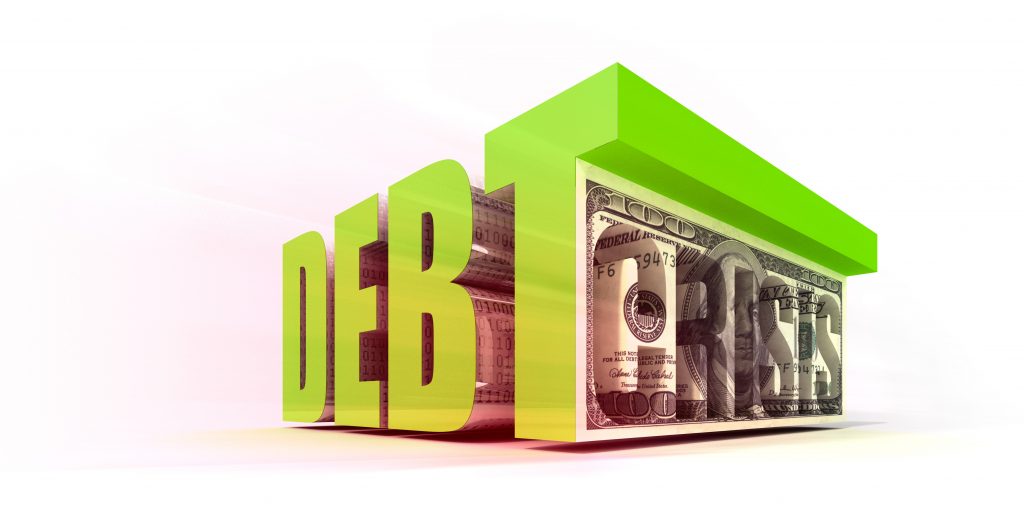Sovereign Debt Crisis Series
Ethical Issues of the Puerto Rico Debt Crisis
With $73 billion in debt, Puerto Rico defaulted for the first time in its history on August 3rd. The island’s economy was in a downwards spiral for some time, yet existing laws exclude the U.S. territory’s public entities from federal bankruptcy laws. Puerto Rico’s Governor Alejandro Garcia Padilla appealed to Washington to make changes to the laws to rescue the island’s finance in June, yet Congress was not able to respond in time to a crisis that was largely its fault. How ethical was Congress’s response to the call from a land that has been U.S. territory for over a century? READ MORE…
Greek Debt Crisis: EU Should Learn from UAE
Dubai’s total debt to GDP is about 132 percent of GDP. Greek debt as a percentage of its GDP is 177 percent. Both countries are over leveraged. Neither has the means to service its debt, without help. Yet, the markets are not overly concerned about Dubai’s debt, but are in utter turmoil over Greek debt. The reason? Dubai, as a member of the United Arab Emirates (UAE), was given debt relief by Abu Dhabi, another member of the federation. Greece as a member of the EU was not given debt relief by any members of its federation. The inference? The EU should be more creative, think outside the standard emaciated IMF model, and consider a solution based on Islamic finance principles that takes the form of generous debt relief. READ MORE…
The Accumulation of Greek Debt
In December 2009, what would become the Greek debt crisis began as investors and governments voiced concern over Greek deficit levels. The new Socialist government had increased its projected budget deficit to 12.7% from much lower estimates.[1] Over the course of 2010 ratings agencies downgraded Greek debt, and spreads between German bunds and Greek gilts grew ever wider. Aid packages by the IMF and the European Union have thus far failed to stem concerns about Greek debt, which threaten to spill over into a continent-wide crisis. The latest European plans for Greek debt put the nation into selective default, in which private investors holding bonds accept a partial reduction in the value of their holdings. READ MORE…

